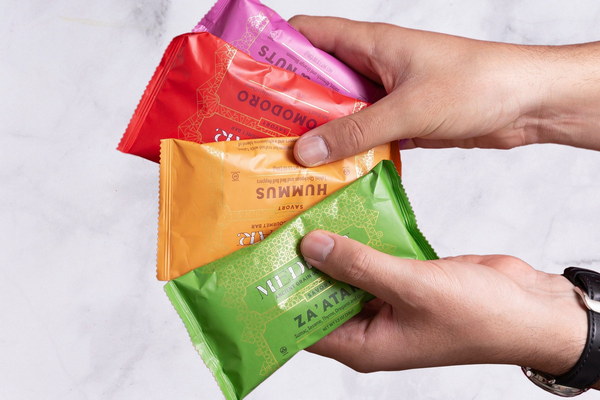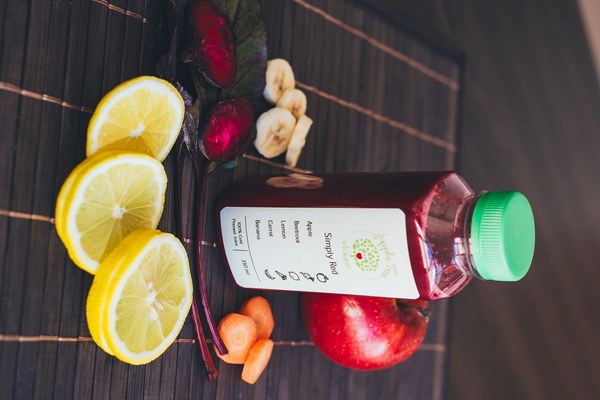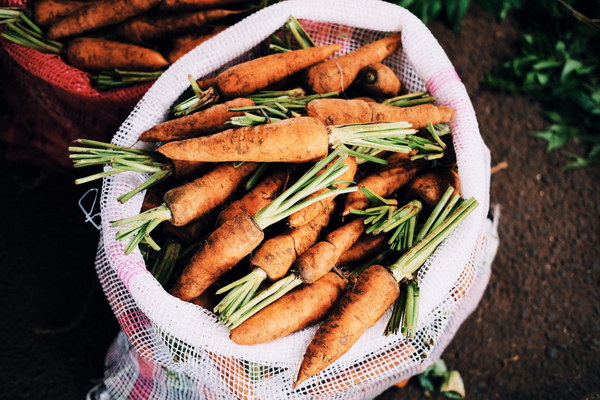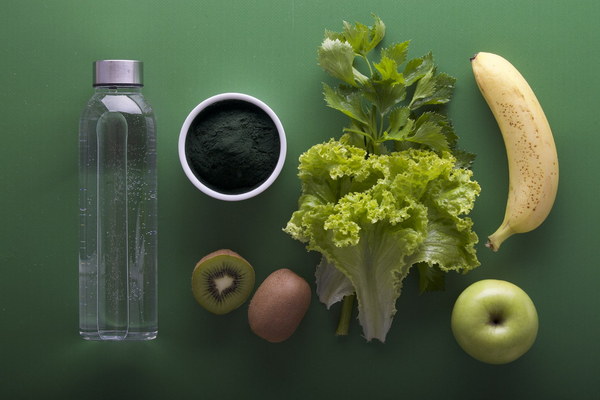Evaluating the Effectiveness of Traditional Chinese Medicines for Nourishing the Spleen and Stomach
In the realm of traditional Chinese medicine (TCM), the concept of nourishing the spleen and stomach has long been recognized as crucial for maintaining overall health. As such, numerous Chinese patent medicines (CPMs) have been developed to address various digestive disorders and promote digestive health. This article aims to evaluate the effectiveness of these traditional Chinese medicines for nourishing the spleen and stomach, taking into account their ingredients, mechanisms of action, and clinical evidence.
The spleen and stomach are vital organs in TCM, responsible for transforming and transporting nutrients, absorbing water, and controlling blood sugar levels. When these organs are imbalanced, it can lead to a range of health issues, such as fatigue, bloating, diarrhea, constipation, and even more severe conditions like irritable bowel syndrome (IBS). To address these imbalances, TCM practitioners often recommend the use of CPMs that specifically target the spleen and stomach.
One of the most commonly used CPMs for nourishing the spleen and stomach is Baohe Wan (Baohe Pill). This formula is composed of ingredients such as Atractylodes macrocephala, Codonopsis pilosula, and Poria cocos, which are believed to tonify the spleen, improve digestion, and relieve bloating. The mechanism of action involves enhancing the activity of digestive enzymes and promoting the absorption of nutrients in the intestines.
Clinical studies have shown that Baohe Wan can be effective in treating various digestive disorders. For instance, a randomized controlled trial published in the Journal of Traditional Chinese Medicine found that Baohe Wan was superior to the placebo in improving symptoms of functional dyspepsia, a common digestive disorder. Another study published in the Journal of Ethnopharmacology demonstrated that the formula could enhance the secretion of digestive enzymes and improve the absorption of nutrients in the intestines.
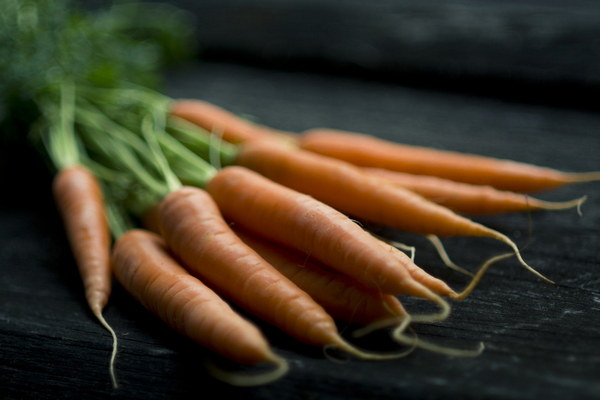
Another popular CPM for nourishing the spleen and stomach is Shenqi pills (Shenqi Pill), which is composed of Panax ginseng, Astragalus membranaceus, and other herbs. This formula is believed to tonify the spleen, boost the immune system, and improve overall physical strength. Clinical evidence suggests that Shenqi pills can be effective in treating chronic fatigue syndrome, a condition characterized by extreme tiredness and weakness.
One study published in the Journal of Traditional Chinese Medicine found that Shenqi pills were effective in improving the quality of life and reducing fatigue in patients with chronic fatigue syndrome. Another study published in the Journal of Ethnopharmacology demonstrated that the formula could enhance the immune response and improve the overall health of the patients.
While clinical evidence supports the effectiveness of these CPMs for nourishing the spleen and stomach, it is important to note that the quality of the herbs used and the manufacturing process can greatly influence the efficacy of these medicines. To ensure the best results, it is recommended to purchase high-quality, standardized CPMs from reputable manufacturers.
In conclusion, traditional Chinese medicines for nourishing the spleen and stomach have demonstrated promising clinical evidence in treating various digestive disorders. The ingredients and mechanisms of action of these formulas provide a unique approach to promoting digestive health and improving overall well-being. However, it is essential to select high-quality CPMs and consult with a qualified TCM practitioner to ensure the best possible outcome.


